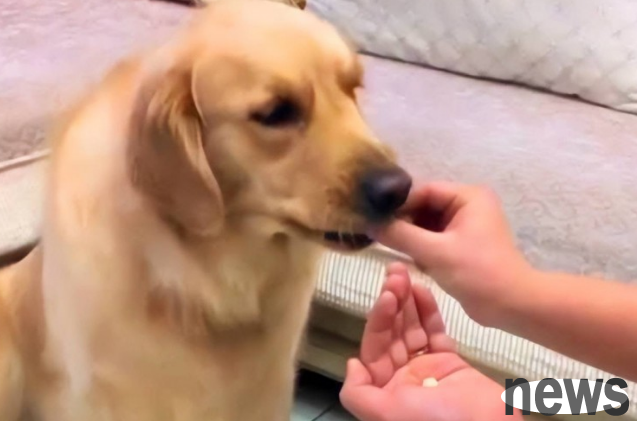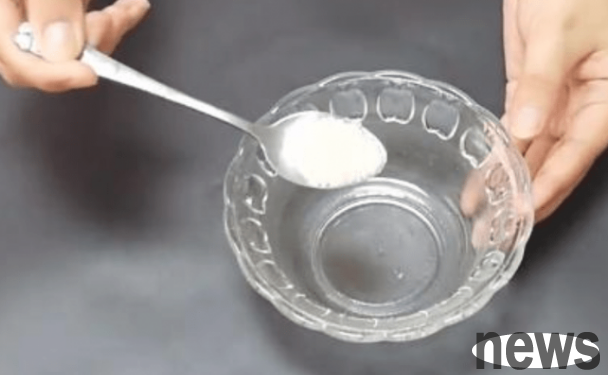Usually most gastroenteritis should be treated symptomatically and given anti-inflammatory and pain-relieving drugs. The antibiotics used to treat gastroenteritis include penicillin, neomycin, cephalosporin antibiotics, etc. If the dog is gastroente...
Usually most gastroenteritis should be treated symptomatically and given anti-inflammatory and pain-relieving drugs. The antibiotics used to treat gastroenteritis include penicillin, neomycin, cephalosporin antibiotics, etc. If the dog is gastroenteritis caused by bacterial infection, selecting aminoglycoside antibiotics can have good effects. For dogs who deal with sudden gastroenteritis, pet owners do not have to abuse anti-inflammatory and painkillers from people. They can first use the following methods to complete medical care and see if they can help the dog improve.

1. Avoid food observation first
If the dog suddenly suffers from gastroenteritis at home, and develops nausea, vomiting, diarrhea, and listlessness, it is necessary to give it to most of the day or a day, and do a good job of relative observation. Do not continue to feed the dog to prevent irritating its gastrointestinal tract. If vomiting and diarrhea is not frequent, you can feed it some glucose water during the period to help the dog replenish water and kinetic energy, and relieve dryness and fatigue.

2. Use a good antibiotic
Some dogs should not have diarrhea during the meal period. The purpose is to cause inflammation of the digestive tract and increase beneficial bacterial disorders. Some antibiotics can be used to help the dog's digestive tract deswelling and anti-infective drugs. Pet owners can take appropriate antibiotics orally according to the weight of the dog. This is also a new mycin tablet for cats and dogs. There is no need to apply our antibiotics to dogs, so as to avoid unreasonable adverse reactions to dogs.

3. Pay attention to diet and care for the gastrointestinal tract
As the dog's condition is relieved and the mental appetite is slowly restored, you can use a needle or feeder to feed the dog some light-tasting foods that aid digestion, such as millet soup, nutritional cream, Wangxiang baby goat milk powder, etc. Pet probiotics can be mixed in the feeding to help the dog maintain the balance of the beneficial bacteria in the gastrointestinal tract and care for the gastrointestinal tract.

Be careful to prevent the dog from feeding foods with high salt and oil ingredients or deteriorating qualitatively. It is best to provide dog foods that are easy to digest and easy to absorb, such as some natural foods or dog foods containing probiotics. Feeding also requires regular and effective, timely and quantitative to prevent dogs from being hungry. How to reduce the irritation to their gastrointestinal tract and thus reduce the occurrence of gastroenteritis.